Past Webinars
Please visit the Webinars page of our association management site for a full description of all of our webinars since February 2021. Recordings of all past webinars are available to members from links on the Member Resources page when logged in as a member.
2021 Webinars
November 18: New Tools to Streamline Cooperative Formation–Artisan Chocolates Case Study
Join us for a demonstration of new tools to streamline the logistics of cooperative formation while maintaining high touch client relationships. Greg Brodsky and Ryan O’Connell will demonstrate use of Start.coop’s Ownership Model Canvas for early stage co-op formation. Meegan Moriarty will demonstrate the use of USDA’s nationwide legal database as a tool for formation research. Therese Tuttle will demonstrate the use of customized document assembly software (Documate) to draft ready-to-file Articles of Incorporation for a new cooperative using the Ownership Model Canvas developed by Greg and Ryan.
These tools are intended to help scale up the formation of cooperatives. We are excited to share these tools with our community of practice. Join us to see the new processes and to share your feedback.
Objectives:
Participant will be able to:
- Identify “pain points” with current co-op development and use the Ownership Model Canvas to address them.
- Understand the use of the USDA Cooperative Statute Research Library to facilitate creation of articles and bylaws
- Use document automation software to quickly generate articles and bylaws so attorney time can be used to focus on customized client service
Join via Zoom on Thursday, November 18, at 10am Pacific/1pm Eastern. CLE is available.

Greg Brodsky
is the Founder and Co-Director of Start.coop, the accelerator for shared ownership companies. Prior to launching Start.coop, Greg founded and led the Bike Cooperative, a division of CCA Global Partners. Greg served on the board of the Cooperative Development Institute for 10 years and was board chair for 3 years. Greg convenes the Equitable Economy Fund, a pilot fund convening angel investors to scale shared ownership.
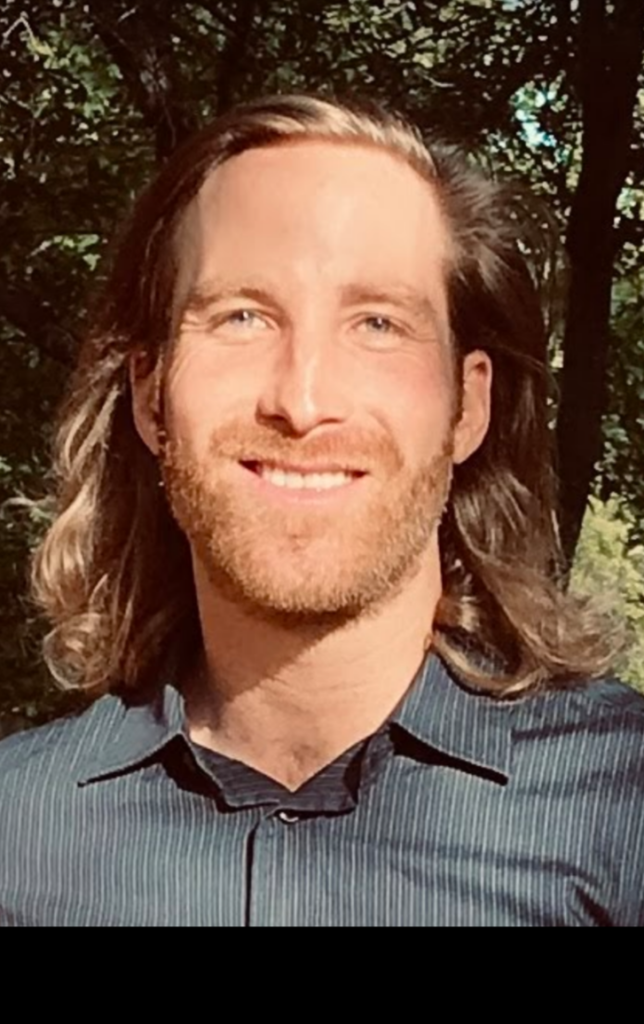
Ryan O’Connel
has been in the chocolate industry since 2013, spending most of his
time in bean-to-bar craft chocolate. His interest in cacao & chocolate making was
accelerated during time living in Ecuador, one of the major cacao producers in Latin
America.
has been in the chocolate industry since 2013, spending most of his
time in bean-to-bar craft chocolate. His interest in cacao & chocolate making was
accelerated during time living in Ecuador, one of the major cacao producers in Latin
America.
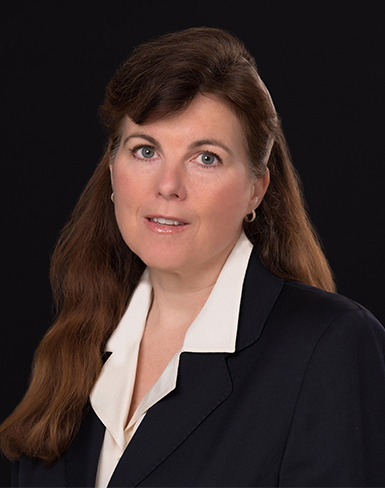
Therese Tuttle
is an attorney who represents California consumer, agricultural, and worker cooperatives. In 2001 she successfully defended the 400 members of Tri Valley Growers, a processing cooperative, from claims of creditors in the cooperative’s bankruptcy. In 2013, she drafted amendments to California’s cooperative law that enabled preferred-share financing and capitalization of cooperatives.
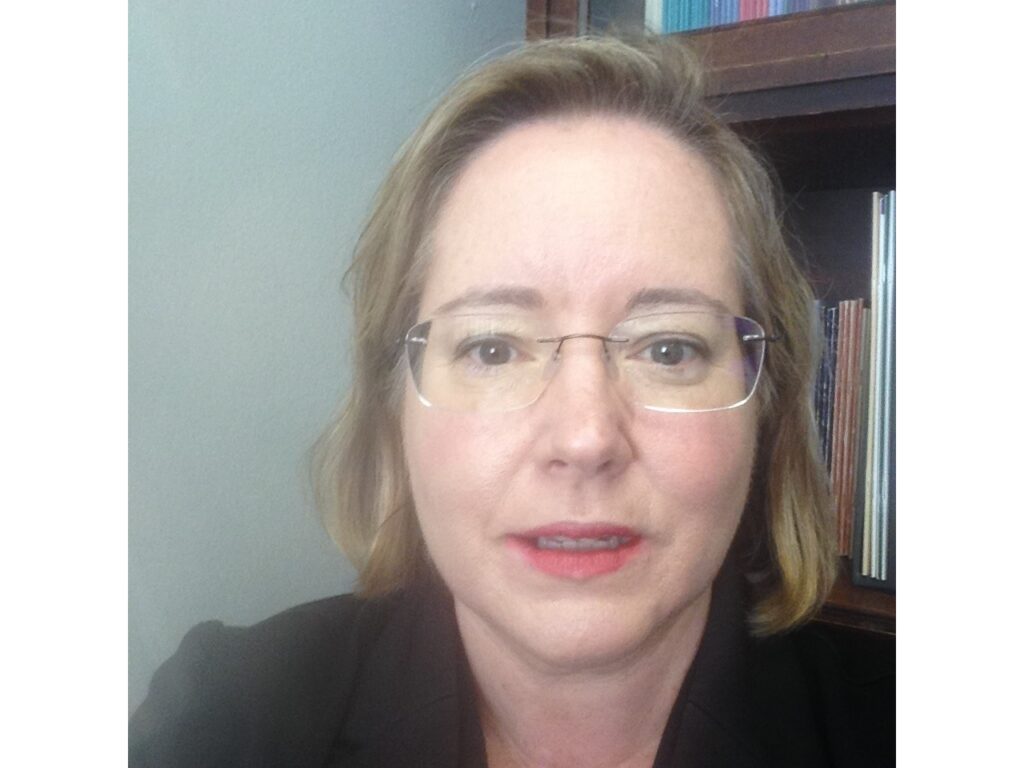
Meegan Moriarty
is the legal policy analyst for USDA’s Rural Business Cooperative Service. She is a national point of contact for information on cooperative legal and tax issues and Rural Development grant, loan, and guarantee programs. She leads a nationwide project researching and comparing state cooperative statutes.
October- Melissa Scanlan: Prosperity in the Fossil-Free Economy (MCLE)
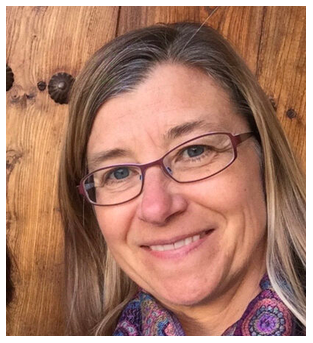
Tuesday, October 12th, 2021 – 10am PST/1pm EST
Drawing on both her extensive experience founding and directing social enterprises and her interviews with cooperative sustainability leaders, Melissa Scanlan discusses her new book Prosperity in the Fossil-Free Economy: Cooperatives and the Design of Sustainable Businesses, which provides a legal blueprint for creating alternate corporate business models that mitigate climate change, pay living wages, and act as responsible community members. With case studies from different sectors of the economy (energy, food/agriculture, banking, water, trade), we will discuss the power and potential of cooperating as a unifying concept around which to design social enterprise achieving triple bottom-line results: for society, the environment, and finance.
Objectives:
- Understand the Sustainable Development Goals and climate crisis, and how cooperatives can play a leading role in finding solutions.
- Discuss best practices with legal design of cooperative governance documents to pursue broad sustainability objectives
*Gain inspiration from case studies of leading sustainable cooperatives in Spain and the U.S.
Co-op Conversions: Legal steps to convert a founder-owned business to worker ownership (MCLE)

Thursday, September 16th, 2021 – 10am PST/1pm EST
Sam Gray will share his experience with converting founder-owned businesses to worker ownership. He will discuss the steps involved and how certain legal strategy decisions were made. This webinar will:
- Help lawyers identify the steps necessary for completing a conversion of an existing business into a worker cooperative
- identify key choices for their client
- help lawyers be prepared to offer guidance to clients on those choices
USDA Rural Development Programs for Cooperatives (MCLE)
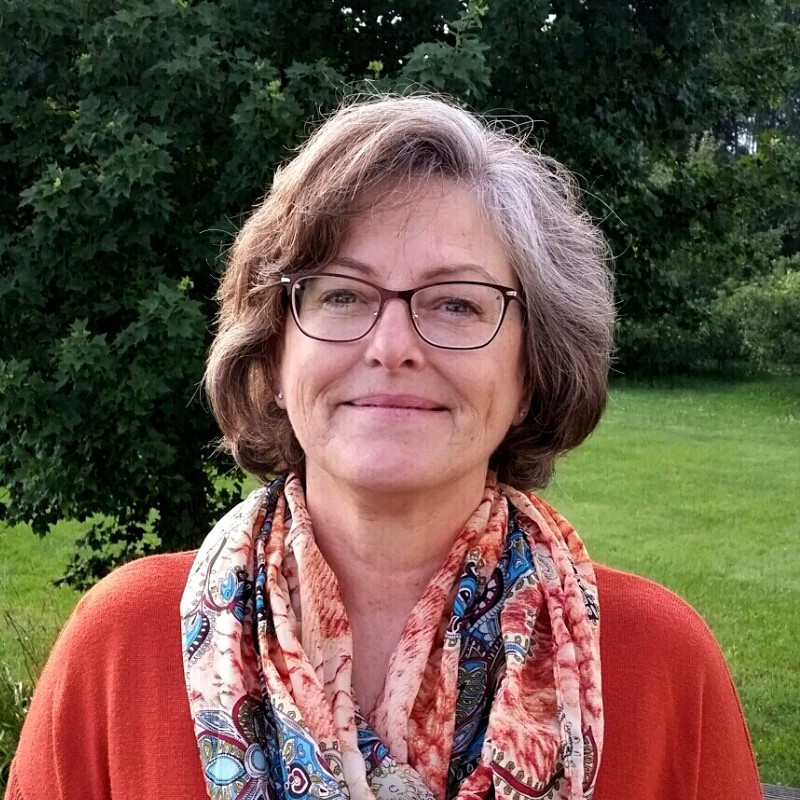
August 19th, 2021 – 10am PST/1pm EST
Debbie Rausch, USDA Rural Business and Grant Analyst, will describe grant, loan, and guaranteed loan options for cooperatives at USDA Rural Development. In this webinar, participants will:
- Become aware of grant, loan, and guaranteed loan options for cooperatives at USDA Rural Development
- Understand the legal requirements to obtain a Rural Development grant, loans, or guaranteed loan and to keep the grant, loan, or guaranteed loan in good standing with the agency.
Challenges and Opportunities for Cooperatives in Navajo Country (MCLE)

July 22nd, 2021 – 10am PST/1pm EST
Cooperative development in Indian Country has deep cultural roots but is profoundly affected by the complex relationship between Native American traditional practice, complex and scattered legal structures that have been implemented over time, and jurisdictional issues that arise between and among tribal Nations, States and the Federal government. Looking at cooperative development through a land-use management lens, Josey Foo, executive director of Indian Country Grassroots Support, will provide a legal and historical background and describe how project planning in Indian Country requires an understanding of the legal framework, tribal government and culture, and community needs. Josey will discuss a case study involving farmers who created a cooperative to sell their produce but ultimately found that reincorporation as a nonprofit collective better met their business and funding needs. Cooperatives are part of the Native American community development tool kit and can leverage the assets and vision within the tribal community; structuring cooperatives in Indian country may require creativity to meet Tribal business needs and ultimately help work toward the vision that Tribes have for their communities. The workshop will take the form of a discussion with attorney Therese Tuttle with The Tuttle Group who has deep knowledge of cooperative practice including experience with creating cooperatives for Native Americans, and with Meegan Moriarty with USDA Rural Development Cooperative Programs, who is familiar with the Navajo cooperative statute and who has knowledge of Federal grant opportunities for Native Americans.
International Cooperative Law and Cooperative Enabling Environments (MCLE)
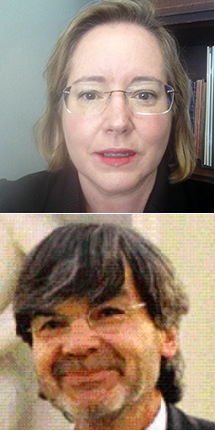
June 8th – 10am PST/1pm EST
The U.N. International Labour Organization Promotion of Cooperatives Recommendation (no.193 of 2002) provides that governments should create a supportive policy and legal framework for cooperatives that, among other measures, includes provisions to assist cooperatives in contributing to sustainable human development and eliminating all forms of discrimination. Meegan Moriarty will lead a conversation with Professor Hagen Henrÿ, a contributor to ILO Recommendation 193, who will argue that international cooperative law is binding on national legislators but requires a translation of recognized cooperative principles into local legal rules. He will discuss the obstacles to this translation including the peculiarity of cooperative principles, the radically changing notion of enterprise (hence that of cooperative enterprise), and the challenges in identifying the real lawmakers in a globalized world.
Professionalism in a Cooperative Law Practice: Developing and Growing a Practice Centered on Cooperative Law (MCLE)
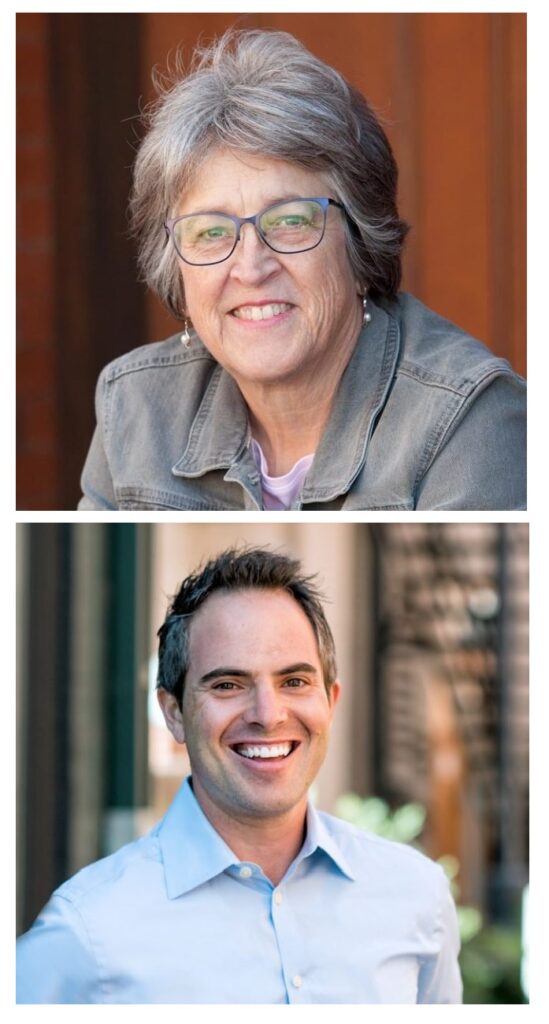
May 11th – 10am PST/1pm EST
Looking to develop or up-level a cooperative or sustainable economies law practice and go from solo to organizational? Want to be surrounded and supported by a team of values aligned and collaborative professionals? Jason Weiner and Linda Phillips of will discuss how to develop and scale a practice centered on cooperative and sustainable economies law that is regenerative, self-sustaining, and furthers the core values of our sector. Learn how to prioritize anti-oppression work in and through a sustainable economies law practice, while earning sustainable income.
Clark Arrington: lessons from a lifetime of community-centered legal service

April 13th, 2021 – 10am PST/1pm EST
Clark Arrington, a co-op and securities lawyer with decades of experience, will share lessons learned and observations from his current role as general counsel of The Working World/Seed Commons. We will discuss: Funding cooperatives, Non-extractive finance, Cooperative economics in general, Movement lawyering, and Impact investing.
Stakeholders and Shareholders: Innovations in resilient agricultural cooperatives (MCLE)
March 16th – 10am PST/1pm EST
Therese Tuttle and Kim Arnone will discuss the related concepts of inclusion and investment by comparing two recently formed agricultural cooperatives: F.E.E.D. Cooperative, Inc., and Bay Area Ranchers Cooperative. F.E.E.D. Cooperative is organized as a multi-stakeholder cooperative, and Bay Area Ranchers Cooperative is organized with significant community financial investment through two different but simultaneous securities offerings. The presentation will consider technical mechanisms for achieving social benefits
Towards a Uniform Cooperative Law for US States (MCLE)
February 16th – 10am PST/1pm EST
With Thomas Beckett, Thomas Geu and Megan Moriarty
While uniform state business corporation statutes provide level expectations for enterprises across the United States, the field of cooperative laws is a quirky and often threadbare patchwork quilt. While statutes in a handful of jurisdictions have stayed current with the needs of modern cooperative activity, other state statutes remain grounded in agricultural concepts of the nineteenth century. Operating from the assumption that a new solidarity economy will require a broader and more uniform legal framework for cooperatives, this webinar examines the basis for a uniform cooperative corporation law . How would that be accomplished? What would it contain?
- Thomas Beckett (Moderator) is a lawyer with significant experience working with agriculture enterprises in the region, including cooperatives, quasi-cooperatives, and nonprofits, as well as with working farmers. Beckett has presented on the Business Law for Worker Cooperatives at the US Federation of Worker Cooperatives conference and at the Eastern Conference for Workplace Democracy. He has taught Business Law at Warren Wilson College and is certified to present the FastTrac TechVenture program, the Kauffman Foundation’s entrepreneurial training curriculum.
- Thomas Geu (Panelist) is a Professor of Law and former Dean of the University of South Dakota School of Law, and Reporter of the Uniform Limited Cooperative Association Act to the National Conference of Commissioners on Uniform State Laws.
- Meegan Moriarty (Panelist) is the Cooperative Public Policy Advisor for the U.S. Department of Agriculture (USDA)’s Rural Business-Cooperative Service. She leads a nationwide project researching, comparing and analyzing state cooperative statutes and tracks federal legal developments affecting cooperatives.